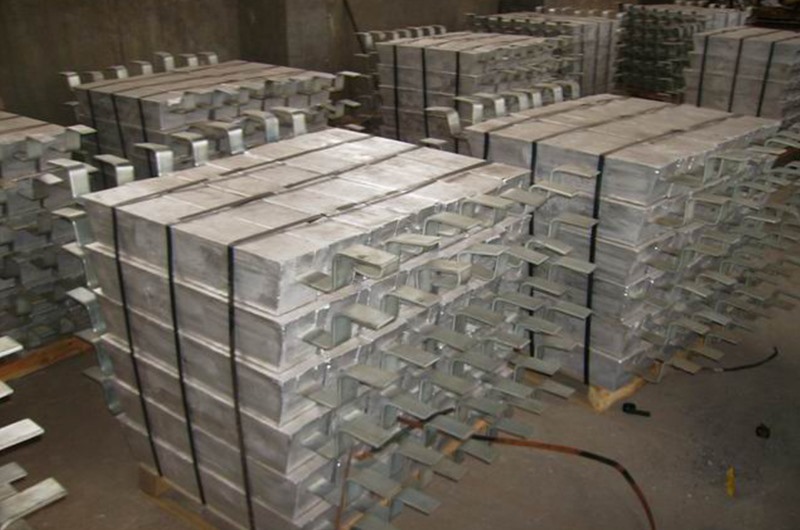
- Aluminum alloy sacrificial anode
- Magnesium alloy sacrificial anode
- Impressed current cathodic protection series
- Zinc alloy sacrificial anode
Aluminum anodes in salt water
Aluminum anodes provide more protection and longer service life than zinc. It will continue to work in fresh water and is safe to use in salt water. Aluminum is the only anode that is safe for all applications.

Aluminum anodes in salt water
Usage environment of aluminum anodes
Brine: aluminum anodes in salt water is more active, better protected and longer service life than zinc anode - this is a win-win situation. Magnesium anodes are so active in this highly conductive liquid that they completely corrode in only a few months, resulting in prohibitively high replacement costs. Although zinc has always been a traditional anode used in brine, it cannot provide as much protection or durability as aluminum.
Brackish water: aluminum anode provides excellent protection here. They do not suffer rapid corrosion from magnesium and provide better protection than less active zinc.
Fresh water: magnesium is the preferred transparent anode. It provides excellent protection in this low conductivity liquid. Zinc anodes are not suitable for use in fresh water because they form a hard, dense coating within a few months, reducing the efficiency of the anode. Aluminum alloys provide some protection in fresh water, but not as good as magnesium - so aluminum is recommended only if your ship is intermittently in fresh water.
Advantages of aluminum anode
The lower price of aluminum makes it a more attractive option for manufacturers to install sacrificial anodes on new containers, engines, filters, heat exchangers, etc.
Aluminum anodes are more environmentally friendly than zinc anodes, but any environmental impact is minimal, even in the worst case of using zinc.
Aluminum anodes are cheaper as sacrificial anodes, have a longer life, and can handle the conversion between different water types better than other metals.

Free offer of products, welcome to consult at any time, we will give the first reply.Our Email:
